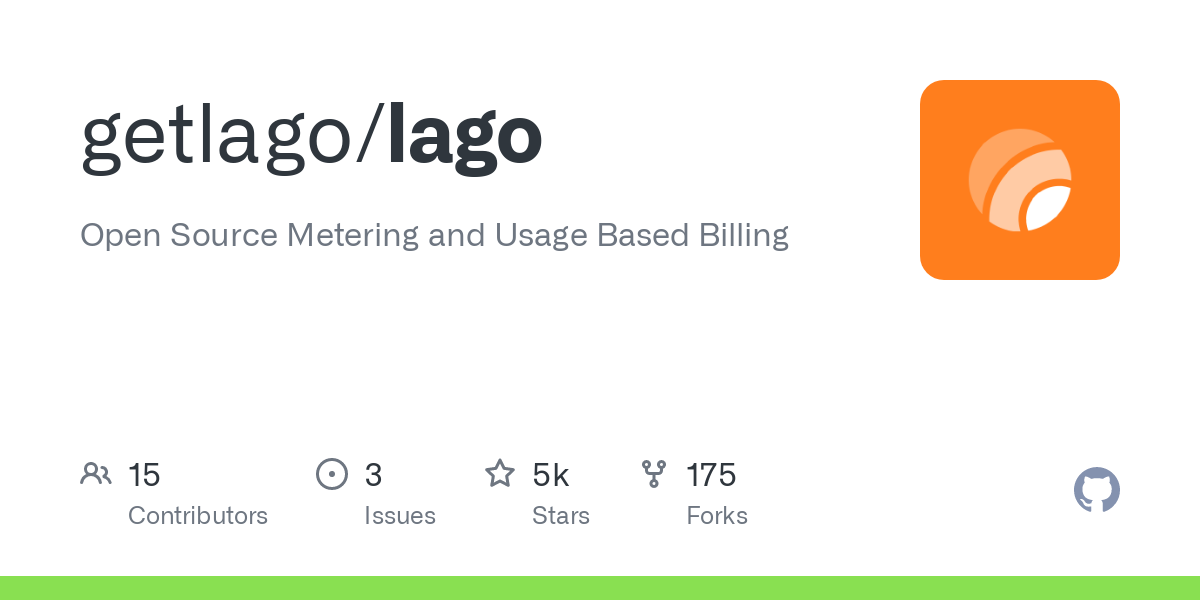- cross-posted to:
- opensource
- [email protected]
- cross-posted to:
- opensource
- [email protected]
cross-posted from: https://lemmy.world/post/6355296
I cannot count the number of times I’ve heard, “This product is X, but open source.”
And I’ll admit it—I’ve done the same when describing Lago. When I’m not in the “startup pitch” mood, I default to, “We’re Stripe Billing, but open source”. Or my co-founder might say, “We’re like an open-source Chargebee.” Frankly, it gets the job done.
Of course, if that’s all there was to us, we would have failed by now. What we’ve learned is that open-source tools can’t rely on being an open-source alternative to an already successful business. A developer can’t just imitate a product, tag on an MIT license, and call it a day. As awesome as [commercial] open source is, in a vacuum, it’s not enough to succeed.



I moved recently to logseq on the same premise.
However I found that logseq markdown is a kind of a vendor lock in. To be honest I have also tried joplin and obsidian as well.
While obsidian failed because NoT FOsS duh, joplin was disregarded (at first) because it uses a database and not plain text files.
I was migrating from tiddlywiki. First to joplin, then to obsidian and then to logseq.
And although the latter are using all markdown format as their base, they all have their small catches where they differentiate. Sure you do not loose access to bulk of your data. But what would have been the difference to be vendor locked in in years and extract the data from a sql database?
To be fair, it’s much easier to write some sed commands in a bash script that will convert between markdown formats, than something that will migrate databases.
Fair point. (Y)